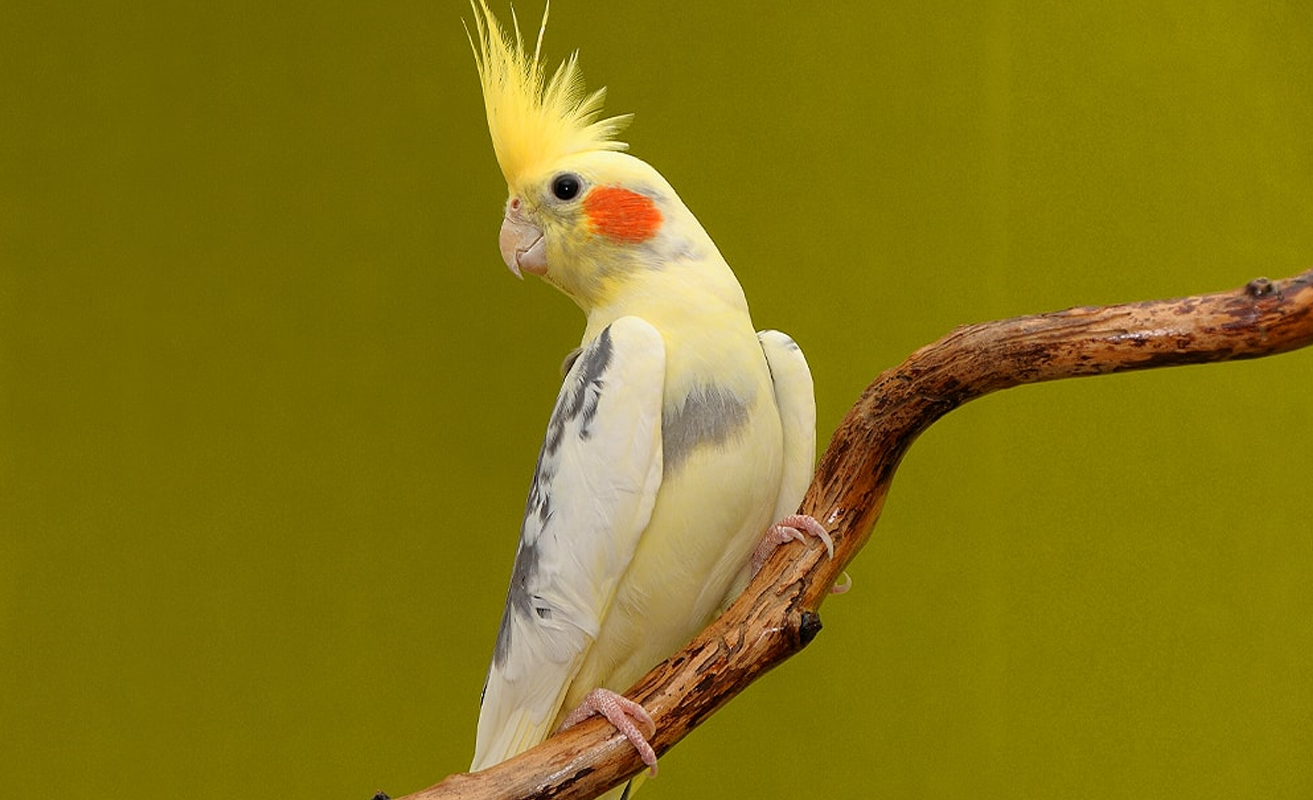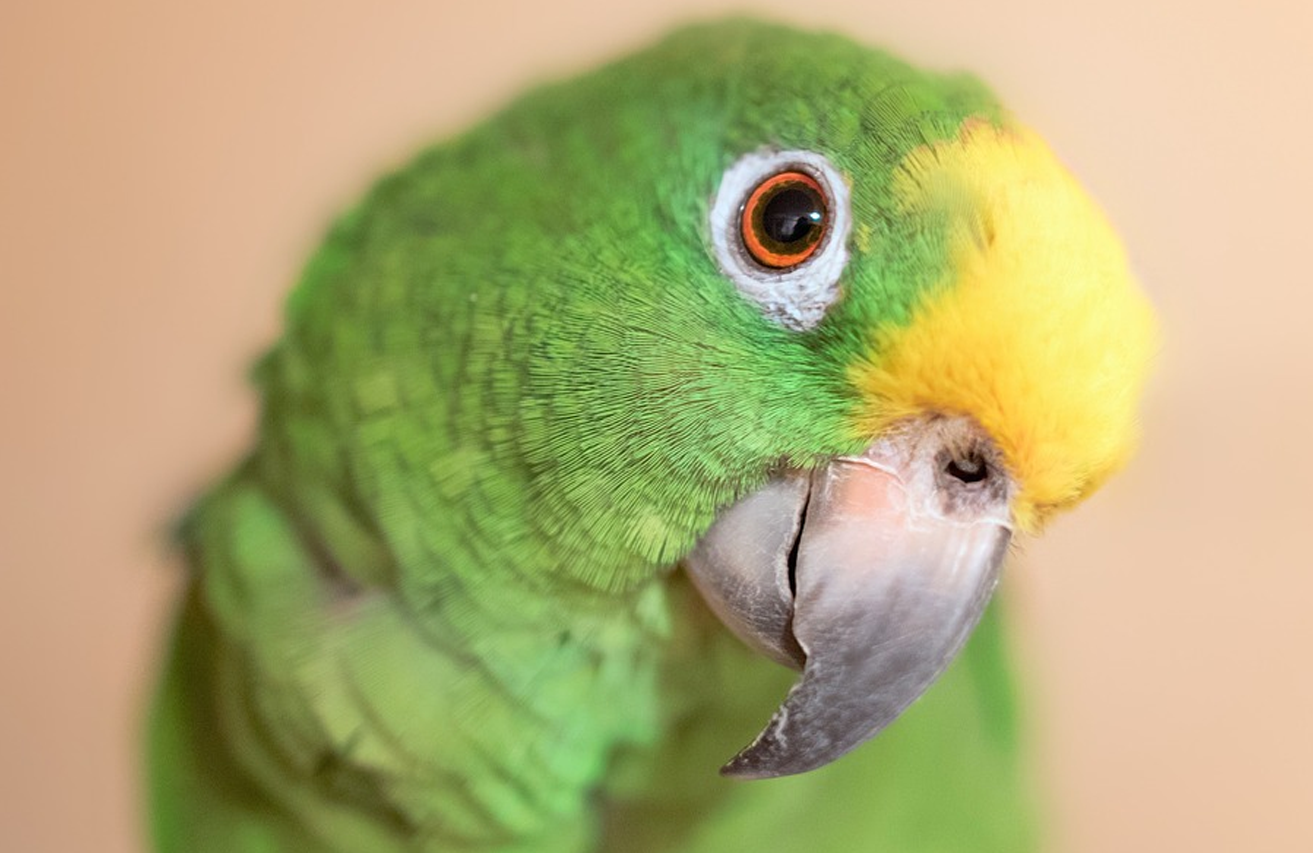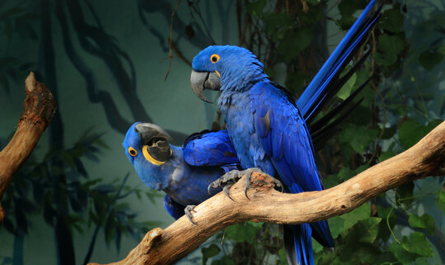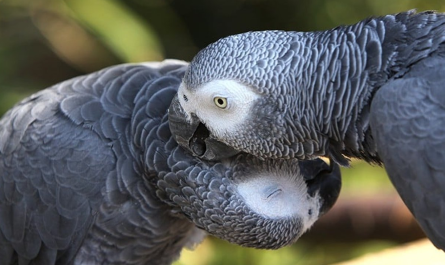Cockatiels are beloved pets known for their friendly and affectionate nature. When considering adding one to your family, understanding the lifespan of a Cockatiel is crucial. This knowledge helps you prepare for the long-term commitment of caring for these beautiful birds.
Average Lifespan of a Cockatiel
The average lifespan of a Cockatiel in captivity ranges from 15 to 25 years, though some can live even longer with proper care. In the wild, Cockatiels tend to have shorter lifespans, usually around 10 to 15 years, due to predators, disease, and environmental challenges.

Factors Affecting Cockatiel Lifespan
1. Diet and Nutrition:
A balanced diet is essential for a Cockatiel’s longevity. They thrive on a mix of seeds, pellets, fresh fruits, and vegetables. A poor diet can lead to obesity, malnutrition, and a shortened lifespan.
2. Environment:
Cockatiels need a clean, safe, and stimulating environment. A spacious cage, plenty of toys, and opportunities for exercise are vital for their mental and physical well-being. Exposure to toxic substances like cigarette smoke or Teflon fumes can severely impact their health.
3. Healthcare:
Regular check-ups with an avian vet are crucial. Vaccinations, parasite control, and early detection of diseases can prevent many health issues. Prompt treatment for any signs of illness can make a significant difference in your Cockatiel’s lifespan.
4. Genetics:
Genetics also play a role in a Cockatiel’s lifespan. Birds from healthy, well-bred lineages tend to live longer. While you can’t control genetics, choosing a Cockatiel from a reputable breeder can improve the odds of a long-lived pet.
5. Social Interaction:
Cockatiels are social birds that need interaction to thrive. Loneliness and boredom can lead to stress and behavioral issues, which may reduce their lifespan. Spending time with your Cockatiel and providing them with a companion, whether human or another bird, can contribute to their overall happiness and longevity.
Signs of Aging in Cockatiels
As Cockatiels age, you might notice changes in their behavior, such as less activity or altered eating habits. Their feathers may lose some of their luster, and they might be more prone to health issues like arthritis or cataracts. It’s important to adjust their care routine as they age, offering softer foods and ensuring their environment is easy to navigate.
Conclusion
Understanding the factors that influence a Cockatiel’s lifespan helps you provide the best care possible. With the right diet, environment, and healthcare, your Cockatiel can enjoy a long, healthy, and happy life by your side.
Share this content:




